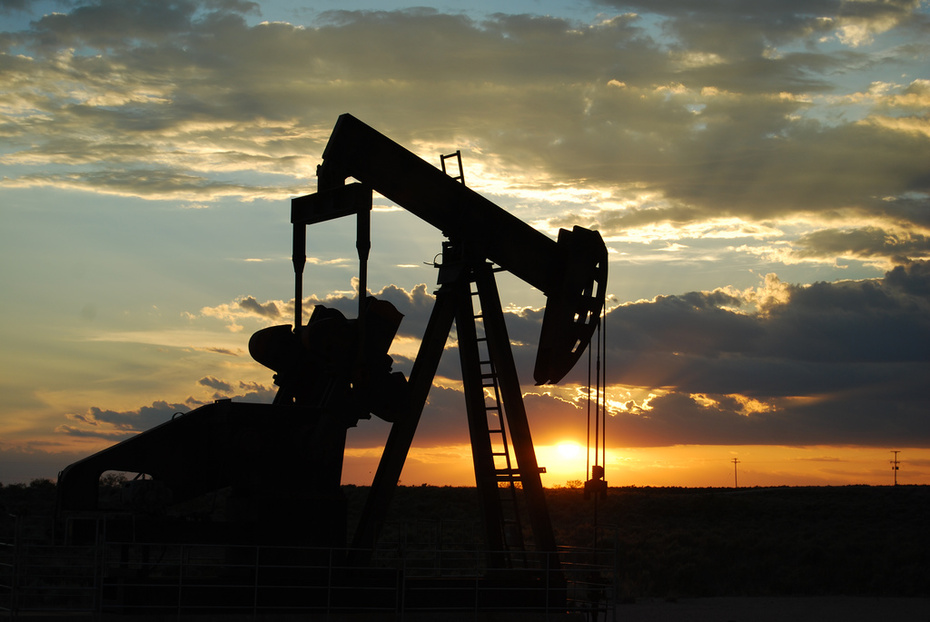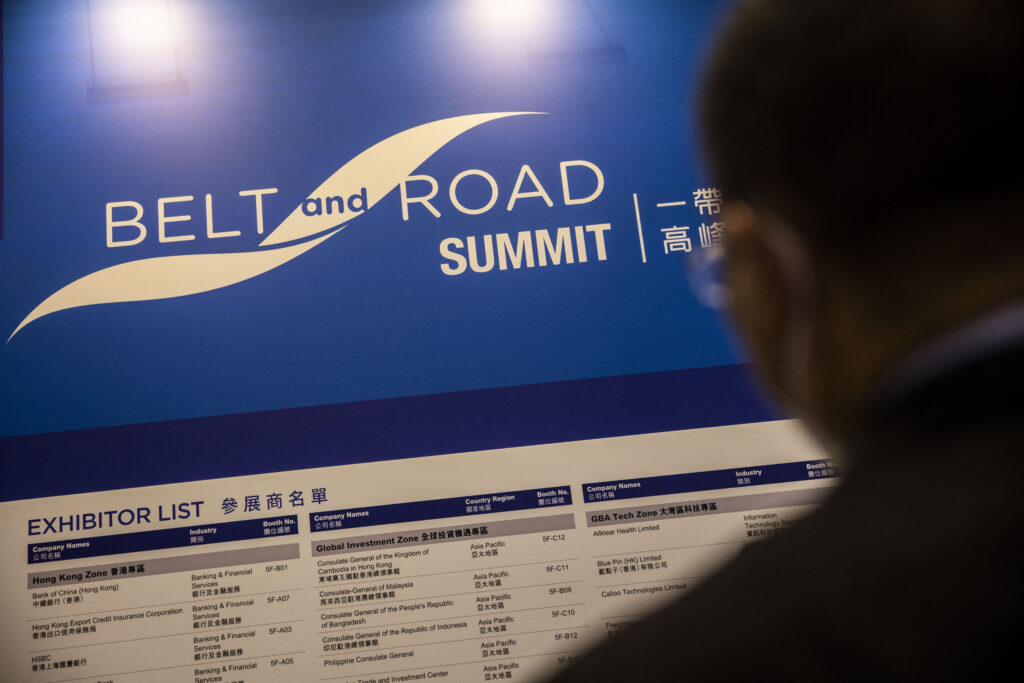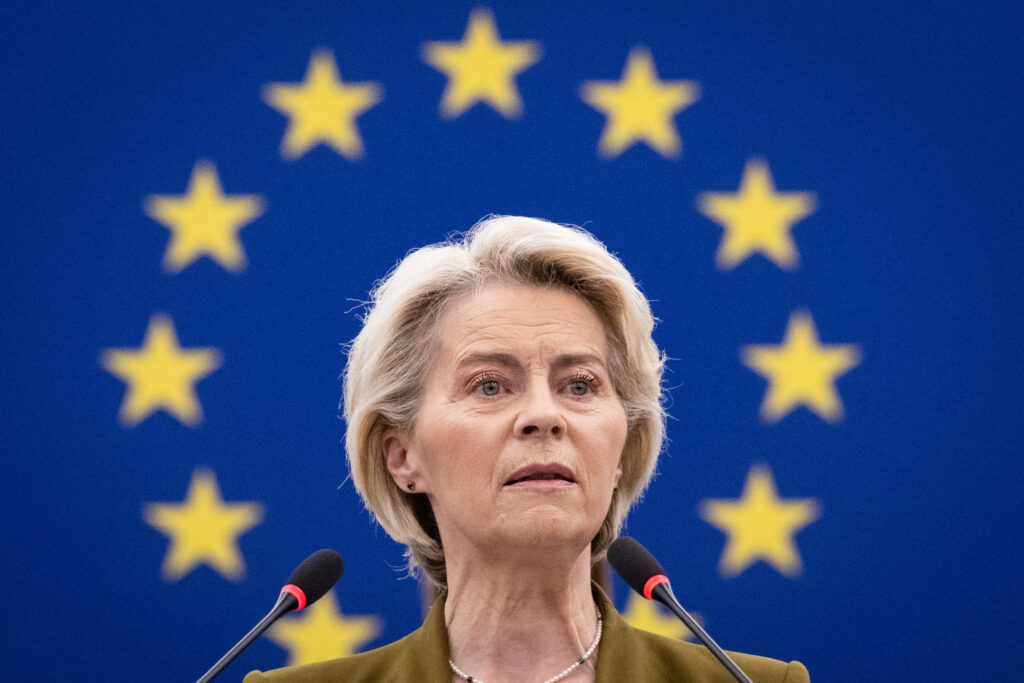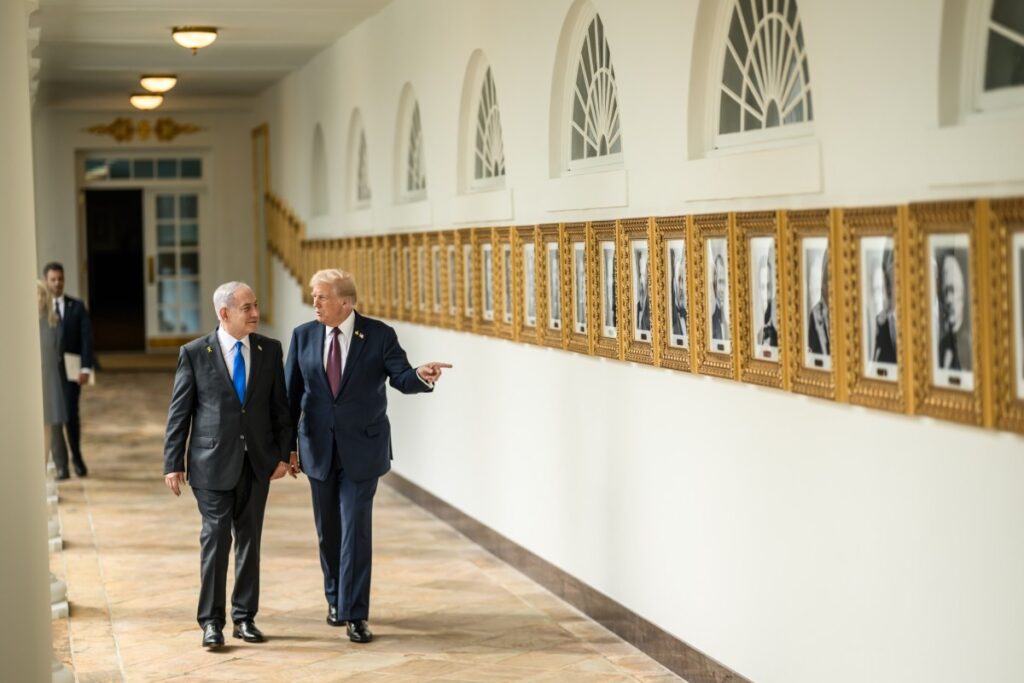By Nathan Priest
At times it is difficult to make sense of American and European foreign policies, especially those concerning war and military intervention. Why have the US and its allies chosen not to intervene in the many internecine conflicts of sub-Saharan Africa in decades past? Why are uprisings in Thailand and a military junta in Myanmar marginal to their policy? Today we ask why the US intervened in Libya, while standing quietly by as the Khalifa regime in Bahrain crushes an uprising at home. There is a logical assumption to be made of US behavior and indeed that of any modern developed nation. That is, the centrality of oil in driving their decisions.
The argument is often made that we would all happily pay a few extra dollars at the petrol pump to save the lives of those dying over the control of oil. But in truth, the powers that be are not concerned about the price at the pump we will be forced to pay for that, no matter. Oil’s pervasiveness goes beyond the gas station. Most of the everyday products we encounter are derived from oil. Plastic is major. Not just for shopping bags, but also for our computers, TV screens, mobile phones, pens, and coffee machines. Oil fuels our cars but also powers our buses and public transport. It moves the machines that sew our clothes.
Oil is the lubricant that keeps the global economy alive and those who have access to it have control. And so, following America’s intense rise to superpower status following World War II, oil became a central component US policy and the national interest.’ This is why the Middle East became relevant to the West in the second half of the 20th century. It is the reason Jimmy Carter named the Shah of Iran his best friend, the explanation for George HW Bush’s handholding with King Fahd of Saudi Arabia while strolling together, it is how Tony Blair found himself socializing with Muammar Qadhafi in one of his tents. It is why George W Bush was not a friend of Saddam Hussein. Oil matters.
The rebels in Libya know this. They have promised the West access to Libya’s oil supply and favorable renegotiation of agreements previously signed with Qadhafi. Qatar has agreed to be the vehicle through which rebel oil is purchased.
But Qadhafi also knew this, and in the past decade made numerous concessions and agreements with the West to facilitate the sales of his country’s oil. In 2003, after the invasion of Iraq, he announced Libya’s decision to dismantle all components of its nonconventional weapons programs. Concurrently, Qadhafi declared an abrupt halt to Libya’s development of missiles with a range exceeding 300 kilometers and his intent to open all nonconventional weapons stockpiles and research programs to international inspectors. He also halted Libya’s intended uranium enrichment program. He entered into agreements that the West would not attack Libya in return for Libya’s disarmament. But in reality, he exposed Libya to just that.
Meanwhile, Iran has watched and learned from Libya, Iraq and Korea and understood, however correctly or incorrectly, that perhaps the best form of defense is nuclear deterrence. And so, Iran remains defiant, and this is where the real problem in Bahrain lies.
Bahrain is governed by minority Sunnis, and is propped up – militarily, religiously and financially – by its larger oil-rich neighbor Saudi Arabia. Yet the population of Bahrain is majority Shi’a and they receive nominal religious and support from Iran. Since the downfall of Saddam Hussein, Iran has maximized every opportunity to exert influence in Iraq, Syria and Lebanon. It is little wonder then, why the West remained silent during the barbarous crackdown on protesters in Bahrain. Indeed, US Defense Secretary Robert Gages was visiting the Bahraini royals just before the crackdown began, seemingly giving quiet support for the suppression while publicly condemning it.
What began as a domestic protest about rights and freedoms for a disenfranchised minority quickly became an international dilemma on many dimensions. There appears to be a growing divide between the Sunnis and Shi’a of the region. In Lebanon, the two major political blocs are Sunni and Shi’a, with other sects divided amongst them. Hassan Nasrallah, leader of Lebanon’s militant Shi’a party Hezballah, declared he was ready and willing to support the protests in Bahrain, accusing the suppressors of sectarian motives. As a result, the Bahraini regime has been expelling Lebanese from the country and has halted all flights to Lebanon, Iraq and Iran. Iran has also condemned the suppression.
The world’s largest and second largest oil producers are, respectively, Sunni-majority Saudi Arabia, and Shi’a-majority Iran. A military rift between these two nations will have absolutely devastating consequences on global oil supply and oil prices. It would threaten the current global recovery and the standing of the governments of the most powerful nations. And so it seems the international match will be played on Bahraini soil, with the oil prize hot and the spark ever so near.
At least since 1973, Arab states have correctly understood the importance of oil to the developed world and utilized it rather effectively. Following the Yom Kippur War between Egypt, Syria, and Israel that year, they placed an embargo on oil on all countries that supported Israel during the conflict. The price of crude quadrupled from $3 a barrel to $12 a barrel. The world economy was already struggling with the breakdown of the Breton Woods agreement and the introduction of a new fiat monetary system after Richard Nixon cut the money-gold link in 1971. Incessantly high inflation, low growth, and shocks to the oil supply were enough to cause a stock market crash of about 48% in the S&P 500 Index from early 1973 to late 1974. This had a terrible effect on the public psyche, so much so that Richard Nixon invoked Project Independence not much unlike the urgency behind The Manhattan Project to eliminate America’s dependence on foreign energy, mostly notably Arab oil, and introduce sustainable self sufficient energy programs.
In 2008, crude traded above $148 a barrel many multiples above the $12 price during the oil embargo; in real terms taking into account inflation, the $12 price was just as damaging. At $148 a barrel and the U.S. economy staring down the pipe of a housing subprime crisis and 3 months before the Lehman Brothers implosion, the cost of crude helped create a deep and sharp recession, now called The Great Recession. The subsequent crash in oil prices was a relief for the global economy, trading as low as $33 dollars a barrel. Oil is a grand bargain at any price below $50.
Currently we are trading at $108 a barrel barely 26% below all time highs, and ever so close to an all out oil crisis yet again stemming from the Middle East. With the global economies struggling uphill against deterioration in public finances, deleveraging private sector and austere governments in Europe, a shock to the supply side of oil will be sure to send the stock market prices downward once again. Keep an eye out for the relationship between oil and stock prices and that between Saudi Arabia and Iran.
Nathan Priest is a senior trader working for a major financial firm in Singapore. He has traded most products including cash, short-term interest rate products, foreign exchange, equities, long-term interest rate swaps, derivatives, and bonds. He can be reached at admin@boursetheorist.com. The views expressed herein are his own.





